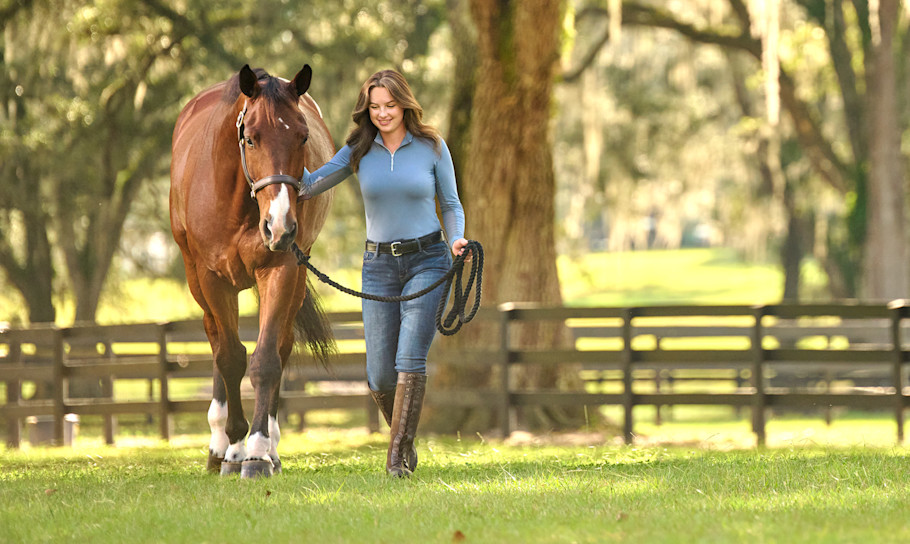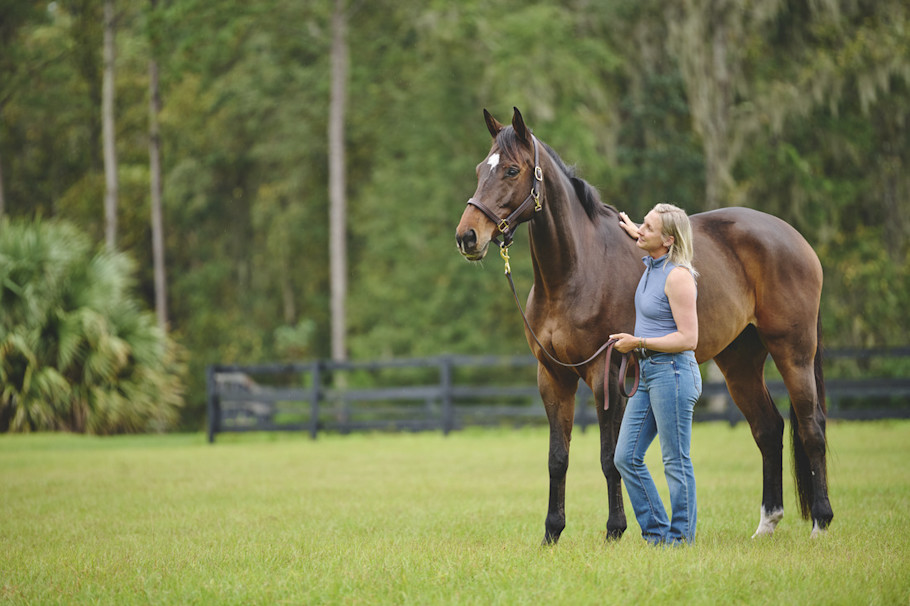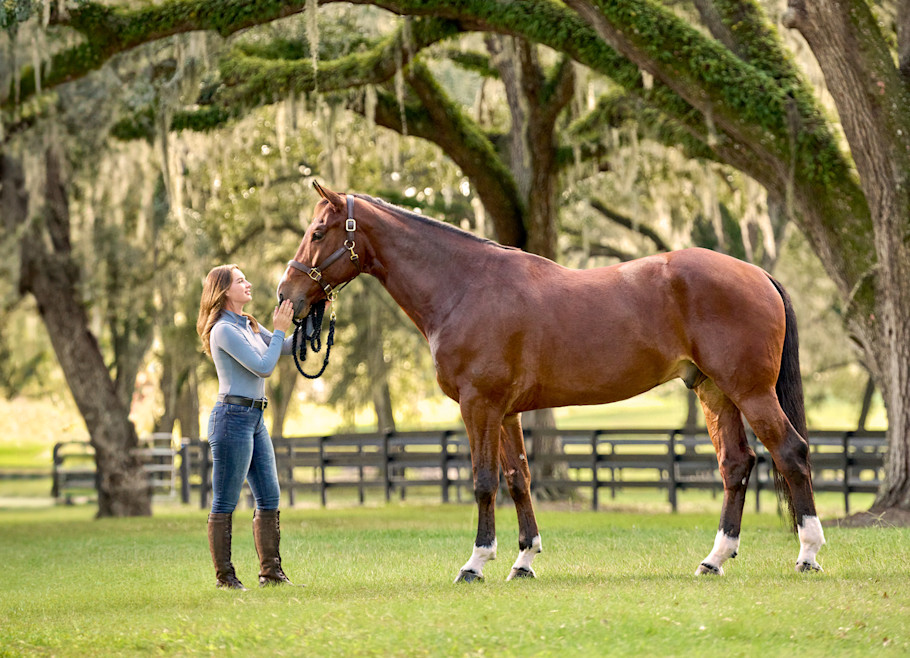Colic Resource Center
Updated June 6, 2024
Colic, a term that broadly describes abdominal pain, is a significant concern for horse owners. Cases of colic can range from mild gastrointestinal discomfort to severe, life-threatening emergencies that require surgery. Recognizing the signs, knowing what steps to take, and available treatment options are crucial for your horse’s well-being.
This resource center has been curated to help anyone who owns or cares for a horse have easy access to a wealth of knowledge about colic. Continue reading to learn about this unfortunate yet common condition so you can be better equipped to make informed decisions in the face of colic.
Colic 101

"My horse is colicking” is something every horse owner dreads having to say. However, being prepared and educated is the first line of defense against colic.
- Overview of Colic and Digestive Health: Learn the basics, such as the common signs of a colicky horse.
- Dos and Don’ts - Advice from a Veterinarian: Dr. Andy Kaneps walks you through what to expect during an episode of colic and when you should call your vet.
Common Types of Colic in Horses
In this Ask the Vet video, Dr. Lydia Gray explains how cases of medical and surgical colic can be classified. She also explains the most common types of colic and where issues may occur within a horse's digestive system.
- Sand Colic: Dig into what sand colic is and tips for avoiding it if you live in a sandy area.
- Gas Colic: Understand what could cause a buildup of gas in the intestines and how to prevent recurring episodes.
- Impaction Colic: The need-to-knows on impaction colic and what to do if suspected.
- Nephrosplenic Entrapment Colic: Learn how a portion of a horse’s colon could become displaced and trapped within the abdomen.
Assessing Your Horse’s Risk of Colicking

Strategic management practices are crucial to lessening the chance of a horse colicking. Feeding routines, turnout schedules, and parasite control can drastically affect the probability of GI upset.
- Proven Tips to Reduce the Risk of Colic: Best practices on stabling, activity, and management from a veterinarian.
- Factors that Increase a Horse's Risk of Colic: Check out these examples of low, medium, and high-risk horses.
- Colic Risk Factors Quiz: Take the quiz now to determine your horse’s current risk and see what changes may help them.
Treatment and Surgery

Cases of colic require immediate and effective treatment determined by your veterinarian. However, when treatments fail or in cases of severe obstructions, strangulations, or twisted intestines, surgery may be the next step.
- Your Guide to Colic Surgery: Equine surgeon Dr. Andy Kaneps takes you from the initial exam to the operating table and explains what life may look like post-surgery for your horse.
- Equine Colic Survival Scoring System: Learn more about the studies developed to determine a colic assessment score and what it might mean for your horse.
ColiCare from SmartPak

A free program, ColiCare provides up to $15,000 in colic surgery reimbursement. Read about how ColiCare helped make the decision easier for horse owners in these Success Stories:
- World Equestrian Games gold medalist Matt Mills relied on ColiCare when Tuff, a then 5-year-old AQHA stallion in the prime of his career, was showing classic signs of colic and not behaving like himself.
- Some reasons #WhyIColiCare - horses we love like our own who are covered by ColiCare.
- Sandra M. received the call that no horse owner wants to get. However, ColiCare allowed her to focus on her horse Bob instead of the financials.